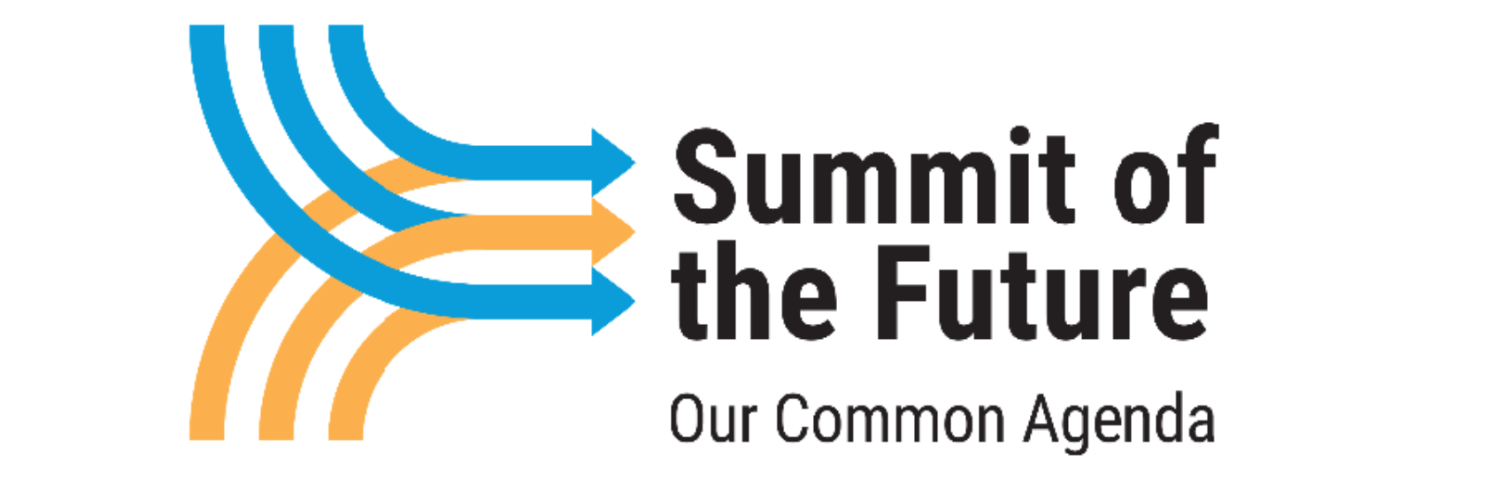ANALYSIS: Germany Stirs Sexual Controversy Ahead of Summit of the Future

NEW YORK, August 9 (C-Fam) The German Ambassador to the United Nations added the concept of “sexual and reproductive health and rights” in a UN agreement ahead of the Summit for the Future next month.
The German diplomat slipped the controversial term over the objections of dozens of African and Asian countries in the latest draft of an agreement called the “Pact for the Future”, making an already complex negotiation even more difficult. Diplomats are trying to finalize the agreement next week for adoption by world leaders in September.
The German ambassador likely added the term as a bargaining chip or a distraction from other priorities for Western countries, including new mechanisms to create the building blocks of a global bureaucratic government. The final draft of the agreement includes highly controversial and progressive institutional proposals.
Anyone familiar with the background of the term knows this was always highly unlikely. The term “sexual and reproductive health and rights” has been rejected in dozens of negotiations over the last decade. The term is understood to represent policies that remain highly controversial in most countries, including “sexual rights,” homosexual/trans issues, comprehensive sexuality education, and sexual autonomy for children.
The agreement is expected to set in motion several processes that will usher into major changes to the way the United Nations functions, including giving greater powers to the UN Secretary General to declare global emergencies, digital ID initiatives, and global technology mechanisms.
One of the declared goals of the agreement is to “transform global governance.” The draft speaks of a “new beginning” for international cooperation through “meaningful changes to multilateralism.” It is not clear if such transformative changes would actually require an amendment of the UN Charter to be legal.
The agreement would, for example, link the mandate of UN peace operations to climate change, including by authorizing the UN Security Council to “address the implications for international peace and security of climate change and other adverse environmental impacts.”
The agreement also endorses several UN reforms unilaterally proposed by the UN Secretary General to collect and analyze global data in real time. The main proposal, called UN 2.0, includes promoting the adoption of digital identity tracking, as for example through vaccine passports, within countries and globally. The reforms would enhance the ability of countries and UN agencies to work together on “data analytics, digital transformation, strategic foresight and behavioral science”, among other digital tools.
Most controversial of all the agreement is expected to set in motion a process to develop an international emergency platform managed by the UN Secretary General. The goal is to give the Secretary General the ability to declare and manage “global shocks” due to climate change, conflict, and financial disasters. The role envisioned for the Secretary General is a presidential-type role. The current draft agreement gives the Secretary General a mandate to develop such a platform unilaterally without an inter-governmental debate.
The main agreement, the Pact for the Future, is expected to be accompanied by a political declaration and an ancillary agreement called thew Global Digital Compact to establish parameters for technology companies to develop Artificial Intelligence. The objectives of the technology agreement include global standards for technology, including the suppression of “misinformation” and aligning all technology platforms with the human rights instructions of the UN system.
Pro-family organizations urged UN diplomats during consultation in recent weeks to ensure the agreement focuses less on controversial proposals and instead strengthens the family.
View online at: https://c-fam.org/friday_fax/analysis-germany-stirs-sexual-controversy-ahead-of-summit-of-the-future/
© 2026 C-Fam (Center for Family & Human Rights).
Permission granted for unlimited use. Credit required.
www.c-fam.org








